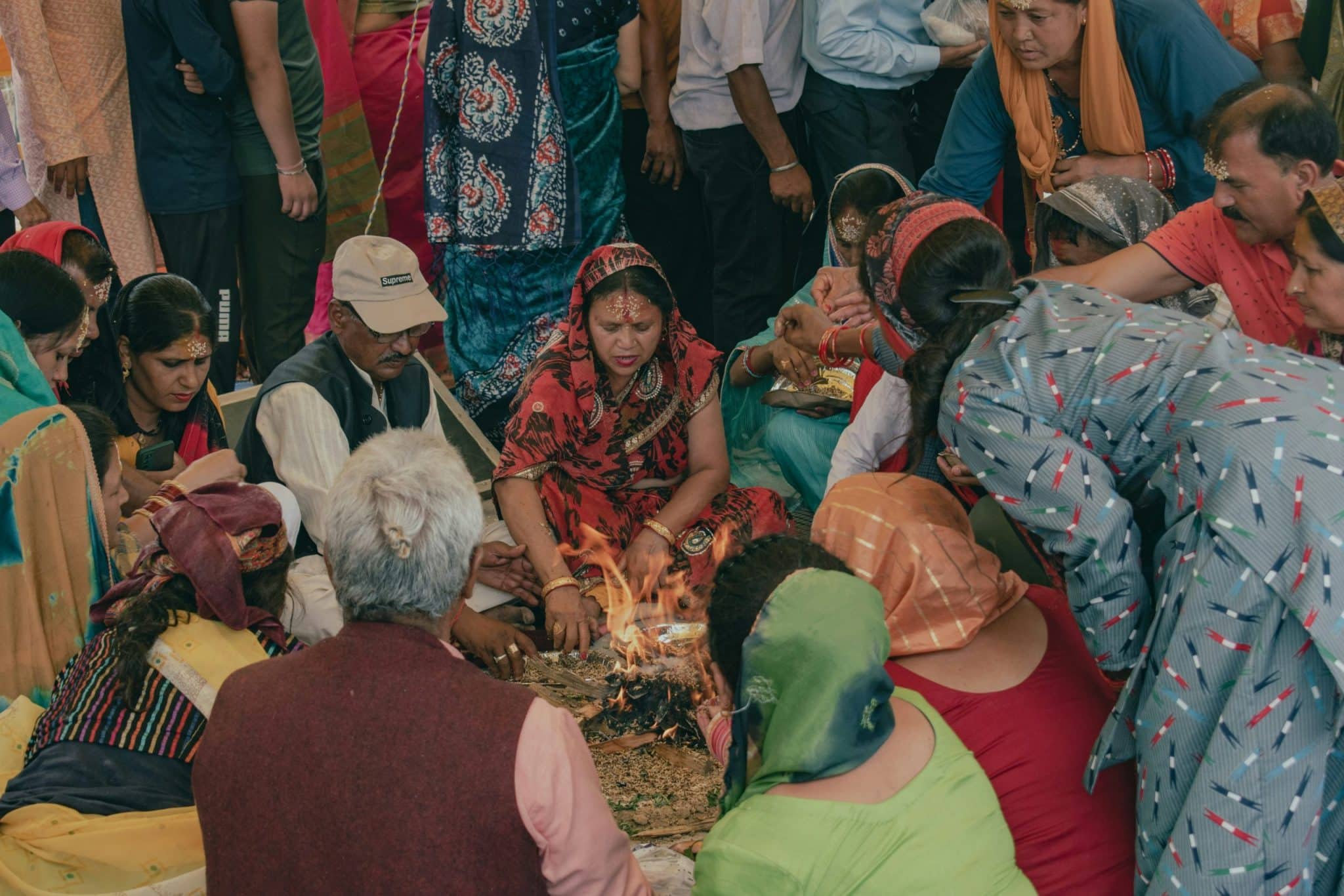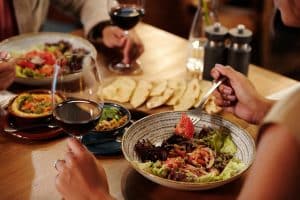Cultural Celebrations That Unite Communities
Cultural celebrations are a vital part of our society. They bring communities together and highlight the diversity and richness of different cultures. These celebrations are not only a way to honor traditions and customs, but they also play a significant role in uniting people from different backgrounds. In a world that is becoming increasingly polarized and divided, cultural celebrations serve as a reminder that despite our differences, we are all part of one global community. In this article, we will explore some of the most significant cultural celebrations that have the power to bring people together and foster understanding and harmony.
The Role of Cultural Celebrations
Cultural celebrations have existed for as long as human civilizations have. In ancient times, they were primarily centered around religious and spiritual beliefs. However, in modern times, they have evolved to encompass more significant cultural and social aspects. These celebrations are not just limited to a specific community but are often open to everyone, regardless of their cultural background. They provide an opportunity for people to learn about different traditions and customs, foster respect and appreciation for diversity, and celebrate the things that make us unique.
Diwali – The Festival of Lights
Diwali, also known as the Festival of Lights, is one of the most widely celebrated cultural festivals in India. It is a five-day festival that marks the triumph of good over evil. Diwali is usually celebrated towards the end of October or the beginning of November and is a time of joy and festivities. Families and friends come together to light oil lamps, decorate their homes with colorful rangolis, and exchange gifts and sweets. Diwali not only brings Hindus together but is also celebrated by people of different religions, making it a truly inclusive celebration.
The Unity of Eid al-Fitr
Eid al-Fitr is a significant religious celebration observed by Muslims all over the world. This festival marks the end of the holy month of Ramadan and is a time of feasting and celebration. Muslims come together to attend special prayers, exchange gifts, and enjoy delicious food with their families and friends. Eid al-Fitr is a beautiful reminder of the unity and oneness of the Muslim community, regardless of their cultural background or nationality.
Oktoberfest – A Celebration of Bavarian Culture
Oktoberfest is a cultural festival that originated in Munich, Germany, in the early 19th century. It is a celebration of Bavarian culture and is now observed in different parts of the world, including the United States and Canada. Oktoberfest is a two-week-long event that features traditional Bavarian food, music, and, most importantly, beer. This festival brings thousands of people together to enjoy the German cuisine, dance the polka, and lift their mugs in a toast to unity and good times.
The Joy of Holi
Holi is a spring festival that is celebrated by Hindus in India and other parts of South Asia. It is known as the Festival of Colors and marks the beginning of spring. On this day, people come together to celebrate the season and splash each other with colored powder and water. Holi is a festival that bridges the gap between different social classes and cultural barriers. Everyone, regardless of their background, participates and enjoys the festivities, making it a truly inclusive celebration.
Pride Parades – The Celebration of Diversity
Pride parades are annual events that celebrate and honor the LGBTQ+ community. These parades, also known as Pride marches, aim to raise awareness about issues faced by LGBTQ+ individuals and promote equal rights. They are often marked by bright, colorful costumes, music, and dancing. Pride parades bring together people from diverse backgrounds, cultures, and sexual orientations, making it a powerful celebration of love, unity, and acceptance.
The Impact of Cultural Celebrations on Communities
Cultural celebrations have a tremendous positive impact on communities. They help to bridge the gap between people from different backgrounds, promote respect and understanding, and foster a sense of unity and belonging. These celebrations also serve as a vital reminder of our shared humanity and the things that bring us together.
In conclusion, cultural celebrations hold significant importance in uniting communities. They serve as a much-needed reminder of our diversity and bring people together to celebrate the things that make us unique. In a world that is plagued by division and conflict, cultural celebrations play a crucial role in fostering understanding, harmony, and love. Let us continue to celebrate and embrace our differences, for it is these differences that make our world a beautiful and vibrant place to live in.










